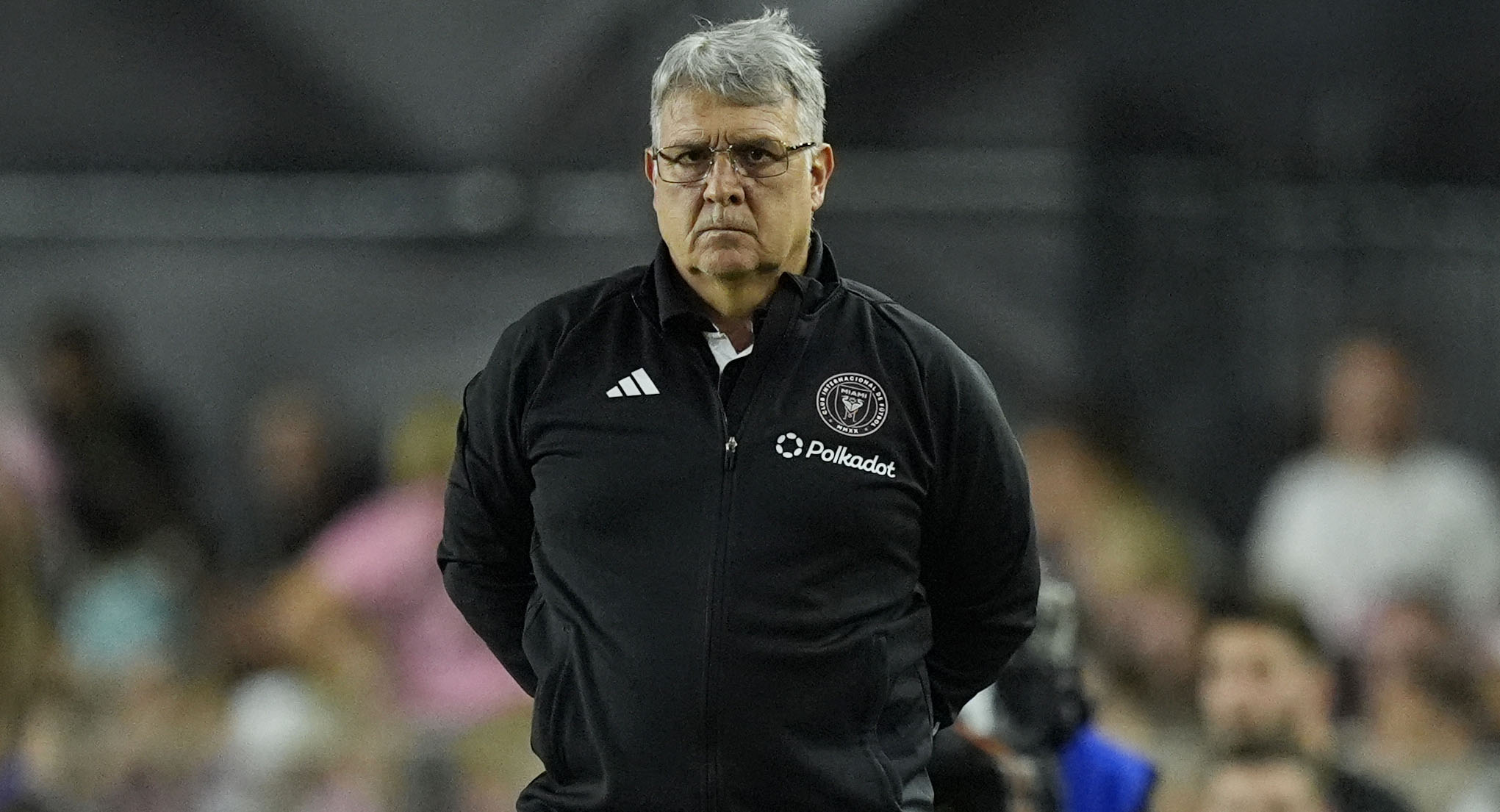It’s officially called the Parents' Rights Bill, but Florida HB 1557 is called the "Don’t Say Gay" Bill by its critics.
It was debated again in the House Tuesday, and the amendment that would’ve required schools to tell parents if their kids came out to a teacher or counselor was dropped.
Watch NBC6 free wherever you are
But the bill still restricts what can be said in class about LGBTQ topics to what it calls “age-appropriate” groups and allows parents to sue school districts if they think their kids were exposed to something they consider inappropriate.
Critics of the bill say it will make LGBTQ kids even more insecure.
Get local news you need to know to start your day with NBC 6's News Headlines newsletter.
“When our students are identifying within this community, they need to have that safe place to be able to have those conversations and feel accepted, and right now, that’s what we have available for our students, and by removing that and making it exclusive instead of inclusive, we’re really putting children in harm’s way,” said Broward County Public Schools Superintendent Dr. Vickie Cartwright.
“This is about parents’ fundamental rights to have insight and control over what’s going on in their children's life,” said State Rep. Joe Harding, (R) Williston, the bill’s sponsor.
Supporters say HB 1557 is designed to get schools to stick to academics.
Local
“The primary goal is to keep children safe and when children go to school they’re supposed to learn reading, writing, arithmetic they’re not supposed to be indoctrinated into ideology, these conversations need to happen in the home with family members,” said Anthony Verdugo, president of the Christian Family Association in Miami. “Secret conversations are happening every day behind parents’ backs.”
What Verdugo calls secret conversations are essential, confidential counseling sessions to Christian Ulvert.
“Teens who question who they are and don’t find that support sometimes do the unthinkable,” Ulvert said, referring to the high rates of suicide among gay teens.
The Democratic activist is gay, and says when he was in high school, he could not talk to his parents about his sexuality.
“I knew I was different than my peers and I sought counseling and talked through that at my high school knowing it was a private conversation,” Ulvert said.
The Broward County School Board sent a letter to the legislature urging it not to pass a bill it calls divisive.
“There are all types of family units and we embrace and support them,” said school board member Laurie Rich Levinson.
“Schools have become a place for counseling, conversation, and support for students,” added board member Dr. Rosalind Osgood.
She said the bill is a solution in search of a problem.
“Most public policy is created to solve an issue, I don’t know what the issue is, I don’t know the data that says this is a problem,” Osgood said.
Levinson said that even though the bill specifies grades K-3, they are concerned because since it also says “age-appropriate,” it will have an impact through all grade levels. She wondered if a child who has same-sex parents would be allowed to discuss her family in class, or would that be enough for a classmate’s parents to sue the school district?
Osgood said kids who need counseling might not seek it if they think they might be outed to their parents.
U.S. Representative Debbie Wasserman Schultz also sent a letter to the legislature urging it to not pass the bill into law, saying it would have a negative impact on the mental health of kids who already feel marginalized.



